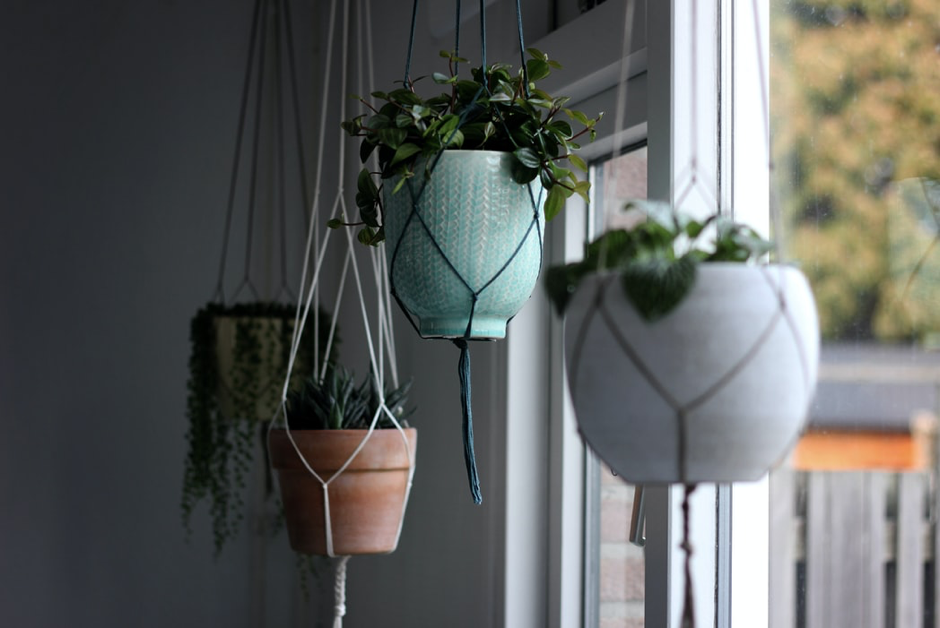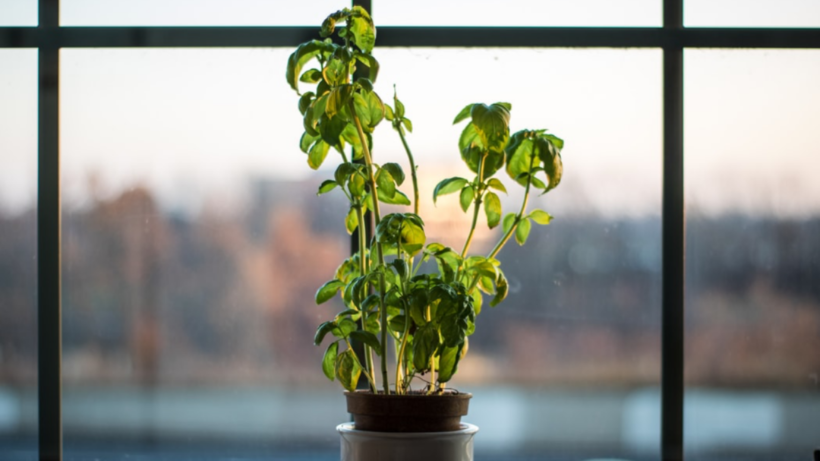Indoor gardening continues to experience a surge in popularity. Approx, 1 billion people use Instagram today and by scrolling over there, they find beautiful interiors covered with succulent plants, hanging houseplants, the plants that brighten up rooms in every way possible in their feed. This is one of the reasons why youth is so obsessed with indoor greenery nowadays.
Not just in home decor and greening up your room, indoor plants help you boost in several other ways. Spending a little on greens can do wonders for you and your family. Here, horticulture experts discuss how houseplants, from improving our environment to helping us recover faster, enrich our daily lives:
Having a tough time concentrating? Believe it or not, your saving grace can be the plants:
In a small study, involving 23 students, researchers allowed the students to sit in a classroom with either a real plant, fake, a photograph of a plant, or no plant at all. Then, through a Brain Scan process, they observed that the ones who studied with live, real plants were more alert and attentive than those who were in the classrooms with fake plants or no plants at all. Thus, it has been proven that plants help us to concentrate.
Spruce up the Air Quality:
Pollutants get in and it’s difficult for them to move out, hence, resulting in higher chances of you getting sick. Here, you can open your windows or doors to avoid this situation from happening. Along with this, you can put on some plants at home which adds an extra benefit in maintaining your health as they naturally produce oxygen. The more plants you’ll be surrounded with, the fresher the air you get.

Reduce Stress Levels:
A study published in the Journal of Physiological Anthropology stated that if you have plants around, you feel more comfortable and soothing. Hence, will help in reducing stress levels that give a calming effect on your mood.
In the research, two distinct tasks were offered to participants: repotting a houseplant or performing a brief computer-based task. Researchers assessed the biological factors associated with stress, including heart rate and blood pressure, after each assignment.
They observed that the activity of indoor gardening reduced the reaction of participants to stress. On the other hand, the programming challenge triggered an increase in heart rate and blood pressure, while the participants in the study were young men well-accustomed to computerized practice.
Moreover, researchers concluded that both physiological and psychological tension could be minimized when dealing with plants.
Enhance Therapeutic Care:
Horticultural therapy has been used by researchers to improve the health of persons with depression, anxiety, dementia, and other disorders.
Beirne said: Horticulture therapy is the process of improving the health of people using plants within a well-organized method that includes clinicians developing and setting measurable goals to achieve, for the person on the receiving end of care.
Promote Healing:
n a study at Kansas State University, it has been observed that patients with plants in their rooms needed fewer medications, felt less fatigue, anxiety, had low blood pressure, heart rate, and recovered fast from their surgeries than the patients who didn’t have greenery around in their rooms and hence it helps in healing us in many ways.
Acts as Natural Humidifier:
Through evapotranspiration, plants help in increasing humidity in the air. Plants with large and wide leaves had a greater humidifying effect than those with sharp and needle-shaped leaves like the spider, areca, or jade plants.
It’s the right time to take advantage of plants’ health benefits. So, start adding more and more plants to your home from today. All of the above have been shown to have a positive impact on your health by researchers. If you want a lift to your physical or mental health, plants will certainly assist you with this.
Laila Azzahra is a professional writer and blogger that loves to write about technology, business, entertainment, science, and health.
